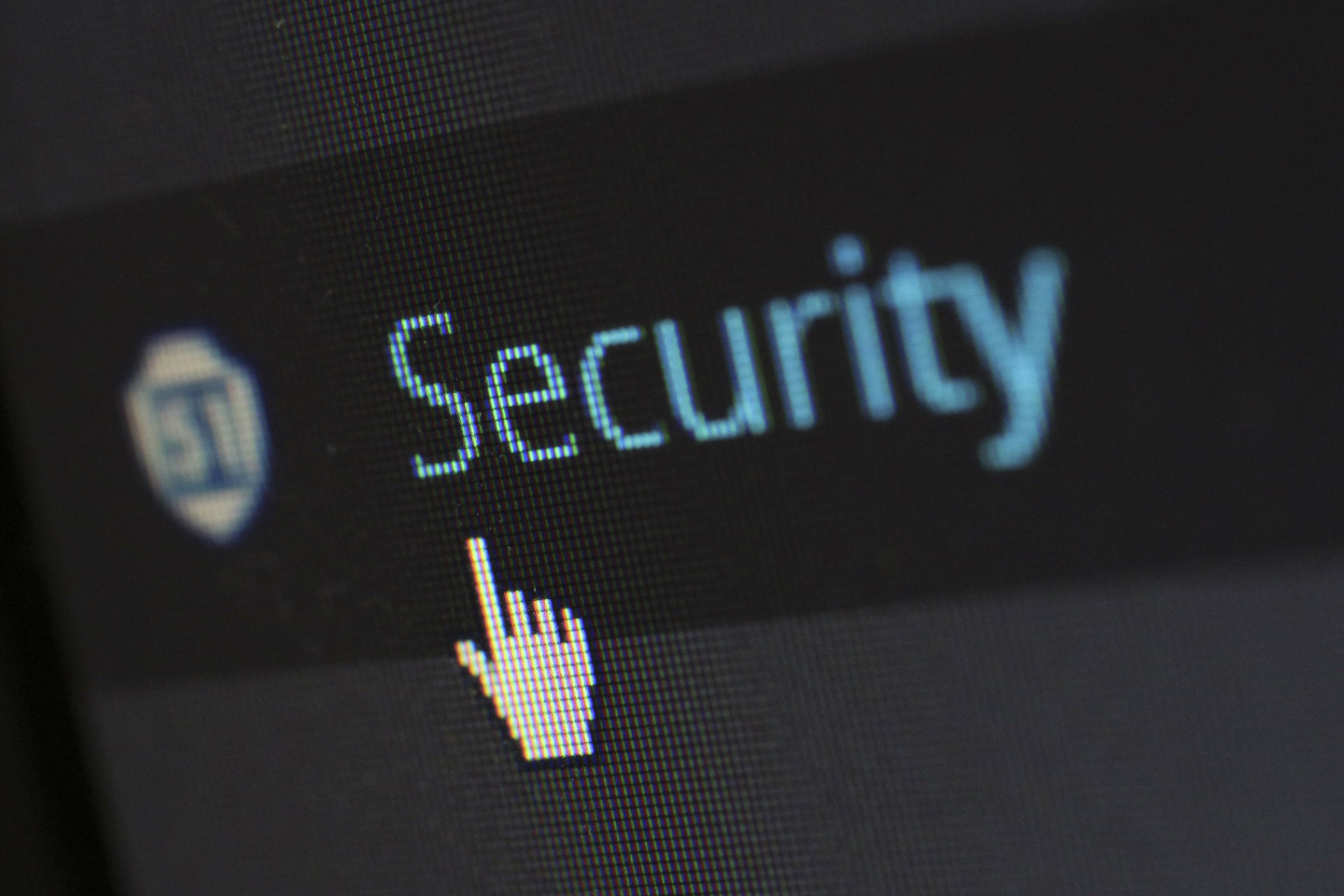What You Need To Know About Cybersecurity

To help explain why security knowledge is so important, let's first establish the baseline of how daily life operates for most of us.
[widgetkit id="27" name="Training Documentation - Cybersecurity 1"]
[widgetkit id="29" name="Training Documentation - Parallax Image Header"]
[widgetkit id="28" name="Training Documentation - Cybersecurity 2"]
Related Articles
About the Author
PABlo Bley
PABlo is an artist, musician, author, inventor, serial entrepreneur and technology evangelist, and has years of experience designing, developing, speaking, and writing about technology. As a prolific blogger, PABlo writes on a regular basis for a number of online communities and learning provider outlets, where he contributes science journalism articles, business-oriented and educational content and shares his expertise in instructional systems design, content-marketing, cyber security, and thought leadership.